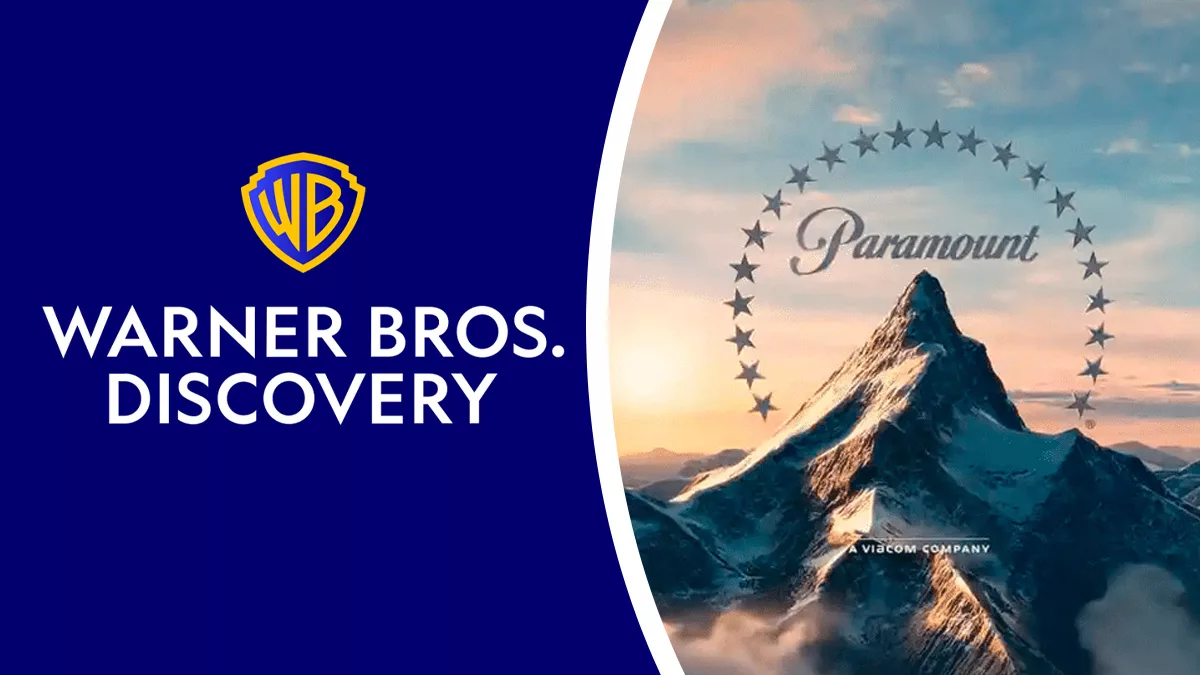In the rapidly evolving landscape of the entertainment industry, a groundbreaking development looms on the horizon as Warner Bros. Discovery and Paramount Global, two titans of the media world, engage in discussions about a potential merger. This development, if realized, promises to reshape the contours of global entertainment, altering the dynamics of media consumption and content creation.
The merger talks, spearheaded by Paramount Global’s CEO Bob Bakish and Warner Bros. Discovery’s David Zaslav, signify a possible amalgamation of two vast portfolios. Warner Bros. Discovery, with a market valuation of $29 billion, stands as a behemoth in the sector, boasting ownership of iconic brands such as DC, HBO, CNN Worldwide, TNT Sports, and the streaming service Max.
Paramount Global, valued at $10 billion, complements this with its array of influential networks and brands, including BET, VH1, MTV, Nickelodeon, Comedy Central, CMT, the Paramount Network, Showtime, and the streaming service Paramount+.
The fusion of these entities would create an unprecedented powerhouse in entertainment, commanding a vast array of content and channels. This merger is not just about combining assets but also about strategic positioning in a fiercely competitive market, where content is king and distribution channels are the battlefields.
Potential Consequences and Concerns
However, such a merger raises critical questions about its impact on audiences and the industry. The consolidation of major media players can lead to reduced competition, potentially stifling innovation and limiting consumer choices.
A notable example is the aftermath of the Warner Bros. Discovery merger, where CEO David Zaslav’s decisions, including the removal of numerous titles from the Max streaming platform and the controversial cancellation of several films, sparked considerable debate and concern.
These actions underscore the complexities and challenges of content management in the streaming era, where decisions on what to produce, retain, or discard can have significant implications for both creators and consumers. Moreover, the merger raises the specter of further consolidation in the industry, prompting other companies to consider similar moves to remain competitive.
Heading Towards an Uncertain Future
As these discussions continue, the entertainment landscape braces for potential shifts. The merger, if it materializes, will not only create a new titan in the industry but also set a precedent that could lead to further consolidations, reshaping how entertainment content is produced, distributed, and consumed.
The implications of such a merger extend beyond boardrooms and balance sheets; they touch upon the cultural and creative soul of the media we consume. As this story unfolds, all eyes will be on how these discussions evolve and what they herald for the future of entertainment.
